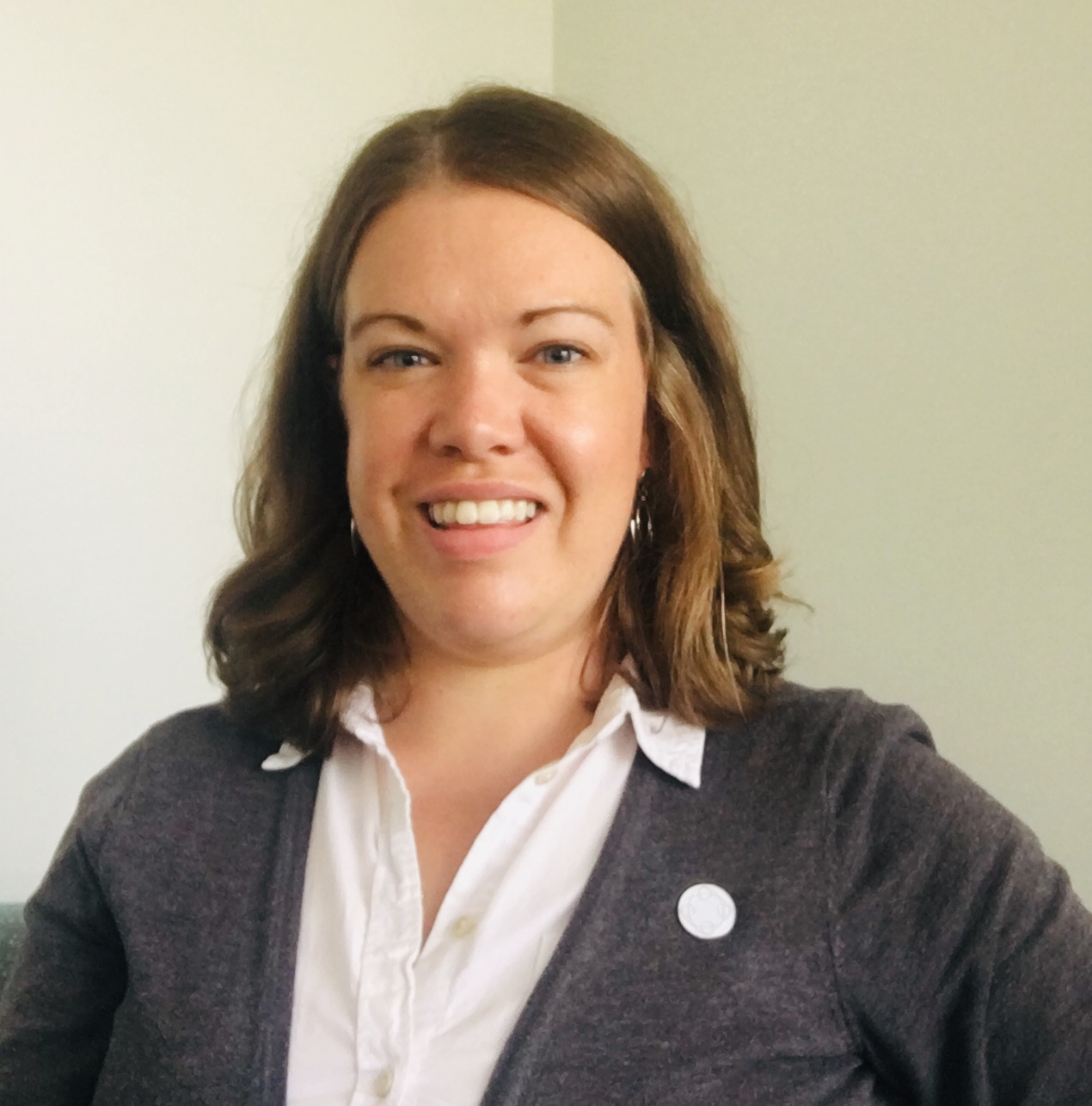by Kathleen W. Reardon, Ph.D, The Family Institute at Northwestern University
Recent events, drawing renewed attention to racial inequities in our society, have prompted much-needed conversations about diversity and inclusion initiatives in clinical psychology training programs. Clinical Psychology programs that are accredited by the Psychological Clinical Science Accreditation System (PCSAS) or the American Psychological Association (APA) are required to train students in the areas of ethics and diversity. I faced the task of designing a syllabus for a course to cover History, Ethics, Diversity, and Consultation in Clinical Psychology for the Spring of 2020. Doing so at this moment in history, when an unchecked pandemic and nationwide protests against police brutality served to highlight the fault lines in our society’s systems, and in our field’s ability to provide answers, felt like an especially daunting task. Fresh scrutiny has highlighted several ways in which clinical science training programs’ approaches to these training requirements may be insufficient. As psychologists current and future, we need to face our field’s deep roots of systemic oppression and racism. Accreditation bodies’ training requirements to address ethics and diversity can help us do that, but only if they are embraced as opportunities rather than as a burden.
Failing to fully embrace these training obligations leaves open the possibility for clinical scientists to actively cause harm. In the wake of societal unrest, several stories have been shared by Black, Indigenous and People of Color (BIPOC) receiving inappropriate mental health care in this most difficult time. Similarly, calls to restructure or redefine the role of police in our society emphasize the increased importance of mental health services and research. I worry that we are currently unprepared to meet these challenges if our attention to ethics and diversity is only cursory. Many programs leave out important context regarding the historical origins of our field and fail to foster a social justice orientation, which is necessary to fulfill our obligations.
Although flexibility in meeting training requirements is crucial, too much currently hinges on the convictions of e.g., a single course instructor regarding which aspects of history, ethics, and diversity are emphasized. Some programs dedicate a full course to each topic; other programs condense all these areas into one, as in the course I recently taught. Obviously, as PCSAS and APA both acknowledge, focused courses are not the only way to reckon with these critically important issues – we must call for better integration of these issues into all coursework and training. Some programs excel at integrating acknowledgment of historical context, ethical conduct, and diversity and inclusion into all aspects of departmental functioning. However, I am suggesting that, if some programs are intent only on meeting the minimum training requirements, that bar is currently too low.
Additionally, there can be a wide gulf between the intent of training requirements and the practical impact of those requirements depending on a training program’s attitude toward these topics. That is, if training in ethics and diversity are not prioritized by the faculty, this will be reflected in the amount of time and energy devoted to these topics throughout the program, and in students’ attitudes. The current training requirements risk being treated as perfunctory, becoming totally orphaned from other domains of training. This attitude contributes significantly to programs falling short of their stated aims in these domains. Although shifts in attitude and culture are often slow-moving, clinical science would be greatly improved if we could eliminate the passive indifference that far too often accompanies these training requirements.
So, what should come next? In particular, do we need to reevaluate the minimum requirements in these domains? Or, are there other ways to motivate change (attitude change especially) aside from mandating it? First, we can include more explicit training on how to have difficult conversations. Although certainly clinically relevant, it would also better prepare trainees to discuss issues of diversity, past injustices, and ethics with their supervisors, colleagues, and future trainees. It would also potentially empower more clinical scientists to integrate these topics more fully into their work rather than allowing them to remain orphaned. Second, we can shift the emphasis from specific content toward approaches to staying well-informed, including how to find and evaluate new information in these domains as we do with research methods, statistics, and clinical training. Although training programs regularly espouse aims designed to foster diversity, equity, and inclusion, these aims are undercut when programs do not do enough within their ethics and diversity training to come to terms with past wrongs and to prevent future harm. How clinical science programs meet accreditation bodies’ training requirements should be reexamined as our field reckons with how to produce psychologists who can rise to meet this historical moment.
________________________________________________________________
Disclaimer: The views and opinions expressed in this newsletter are those of the authors alone and do not necessarily reflect the official policy or position of the Psychological Clinical Science Accreditation System (PCSAS).


